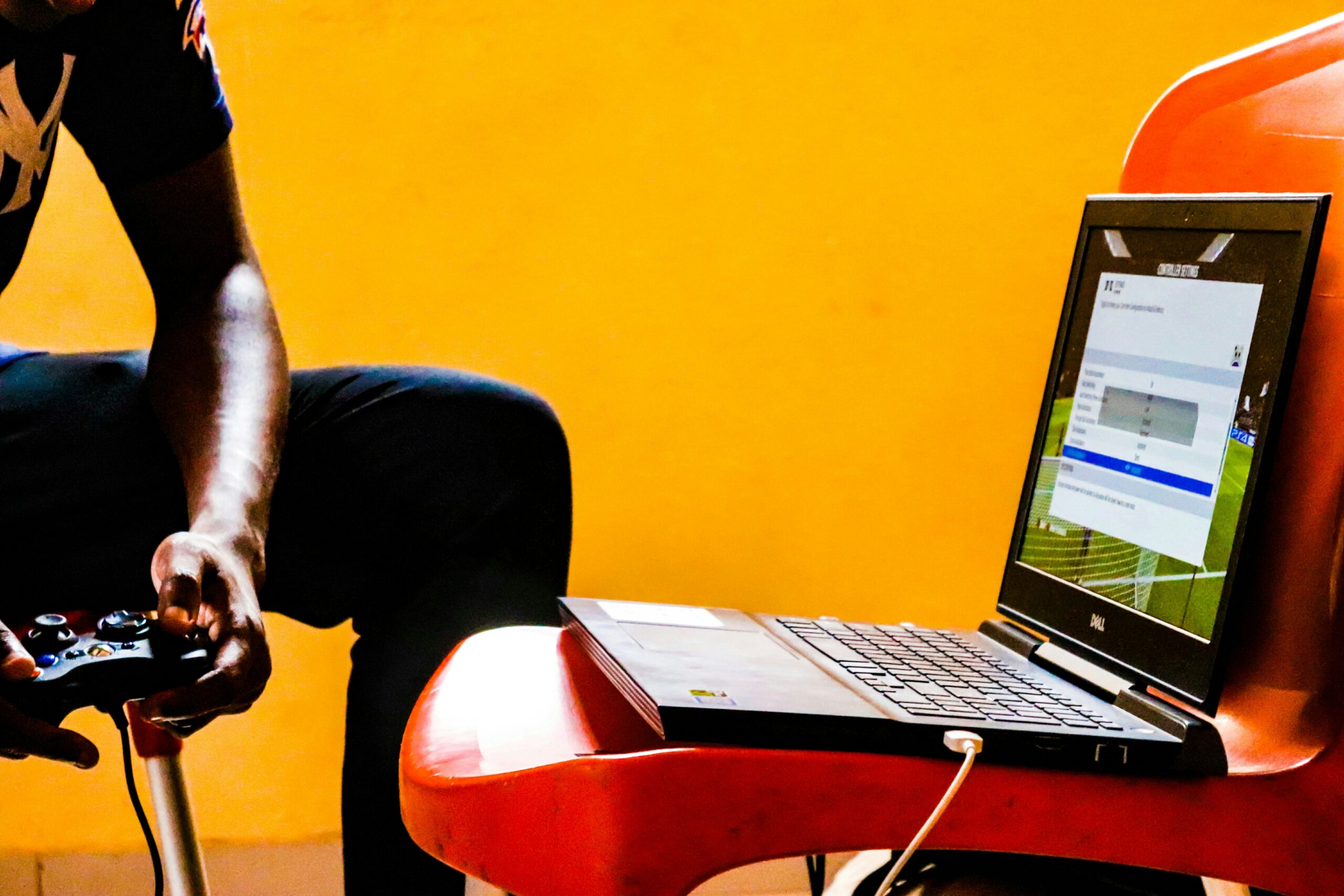-

They stole our coffee
There is a chain of coffee shops in Addis Ababa called “Kaldis”, named after the shepherd…
-

How to use and understand statistics: good briefs
Regular readers will have noticed that things have been quiet around here for a while. I’ll…
-

Spreading some love
Here is really nice animated talk by Dan Pink on what really motivates us. He says that…
-

Innovation and prizes
An interesting Economist article about the uses of prizes to promote innovation is a missed opportunity…
-

Back from backpacking in the alps
We are back in Addis after backpacking through France, Italy and Switzerland on the Tour de…
-

An important step towards aid transparency
I was in Paris last week for meetings about aid transparency. At the International Aid Transparency Initiative…
-

Tech tips for development workers (3) – software
This is the third post in a series providing non-technical advice about affordable and practical IT…
-

Trillions of dollars of aid?
Aid sceptics like to say that the west has spent more than a trillion dollars on…
-

The real Owen
Today’s Guardian newspaper has an article about Robert Owen, after whom I was named: the Scottish…
-

How can the aid system be overhauled?
Two interesting new articles start with the premise that the aid system needs to be overhauled,…





